By Agatha Emeadi
Debbie Ogunjobi is the founder/CEO of Everywoman Ltd, a popular Lagos fashion house known for corporate clothing for almost 30 years now.
Her outfit excites Nigerian female bankers and she indeed has branches across the six geo-political zones of the country that deliver exquisite clothes to women.
In this interview with Sunday Sun, Mrs Ogunjobi looked at her early beginning, saying that good mentors stood by her. Excerpt:



How did you get into fashion and still there almost 30 years now? What was the attraction?
I got into fashion as a business because I just lost my mother in 1996. It was something I had to do to while away time. I believed very strongly in diligence and spirit of excellence. Whatever I do, I try to do well and I think I have done fashion very well. I wanted to create and serve in ready to wear. I didn’t want to be a designer, I wanted to serve the masses, and was not interested in selling very high price item. I wanted good quality, good value and I kept to that because I did not believe that looking good should cost an arm and flesh. I started selling clothes from the boot of my car. It was an experiment to see if it could work. Then, I travelled out of the country and got a ton of dresses sold from my boot and downstairs in my house. The response after that weekend convinced me that this is the business worth getting into. I will not say I have a calling as a designer rather I have a calling to make money and make ends meet.
How did you rise to stardom?
Well, the principle works. If there is good value, people will pay for it. It was a no brainer deciding to expand. It was fun and still fun. My attention is not as focused on fashion; my attention is possibly 25 per cent on fashion. I do not have the time I used to have to dedicate that. My extension came from the business. I did not take money from the business to be frivolous. I took money out of the business to expand the Everywoman. We always have an inventory for that and it has served me well. That has always made me to be prudent in my spending. I do like to be comfortable, but I am not extravagant.
Parents then loved professions like medicine, law and engineering, what was your parents’ feeling when other young graduates were searching for white-collar jobs, you chose to do fashion and now that you have made it?
By the time I got into fashion, I was 25 years old going to 26. I do not think my parents cared about my profession. I have been successful from early in life. Before fashion, I was into interior designs and a builder. I was building houses and turning humongous profits that lawyers didn’t dream of. So, I do not think anybody would have expected me to leave that and be a lawyer or go into another profession.
As a veteran in ready-to-wear dresses, you have dealt with several clients, how did you rise to stardom?
Fashion was good. It gave me a public face, but was not the only thing that I did. Do not forget I started working early. Before I had my brand, I had substantial stuff at a young age.
What opportunities have being a fashion entrepreneur brought you?
Everywoman gave me an avenue to become everyone’s sister. So, I made a lot of friends, expanded my family, seen a lot of the world. It also involved a lot of travelling initially, but I had to cut down on that. It has been a fun.
What are your challenges in the last 29 years?
Fashion like every other business has its challenges. The challenge is to adapt. I have been a big blessing because I have good mentors. I can tell you that my pastor is one of the reasons everybody changed style in Everywoman. As a seasoned economist, he told me in the last 15 years to start producing in Nigeria. “There will come a time that importation will not be possible in Nigeria.” So, it is better to set up factories now. So, what I did was not to set up factories, but I empowered tailors, taught them how to set up a factory. I was able to establish some and they started producing for me. They work and quality is export-level great. So, when importation and foreign exchange became a nightmare, I was not caught unawares because this was something I was working on before 15 years ago. I am thankful for the opportunities the small factories are enjoying. The small factories are doing very well.
How was growing up? Talk about your family, siblings and parents?
I grew up in large family as a middle child. There were three people ahead of me and three behind me, though two now. We are a close-knit family. One must deal with what life brings one’s way.
What advice would give to young upcoming fashionistas?
Fashion is not a bad business to get into as far as one will not get carried away. One must remember that at the end of the day, bills must be paid. The figures have to add up. So, for me the figures added up. You know we used to be all over the place, but when I found out that growing branches in Nigeria is like fetching water into a basket. My experience in expanding is that Nigerians are not ready for staff. You simply cannot get staff. I have people that they were so frustrated they brought in staffing who earned in dollars. It actually made more sense to pay in dollars than to be robbed by our Nigerian counterparts. The generation of now do not want to work. I have had a staff that left us because she wanted to be alone and do her thing. The present generation of young people do not want to pay the price we paid before arriving. They want to be made now. I have run transportation business, worked on construction sites, built houses for other people and myself. I have done road construction where I slept by side of the road for a week to watch over my laterite; otherwise, if you leave it for the hotel, it will all be stolen. I am not afraid of back-breaking work. My work ethics is still the same till now. What I did recently is to manage Everywoman and mange it well. I have turned it into one big store, where I can manage and run while I do other things that excite me. For me, work is fun, I have other companies that I am involved in. Nigeria has been kind to me business-wise.



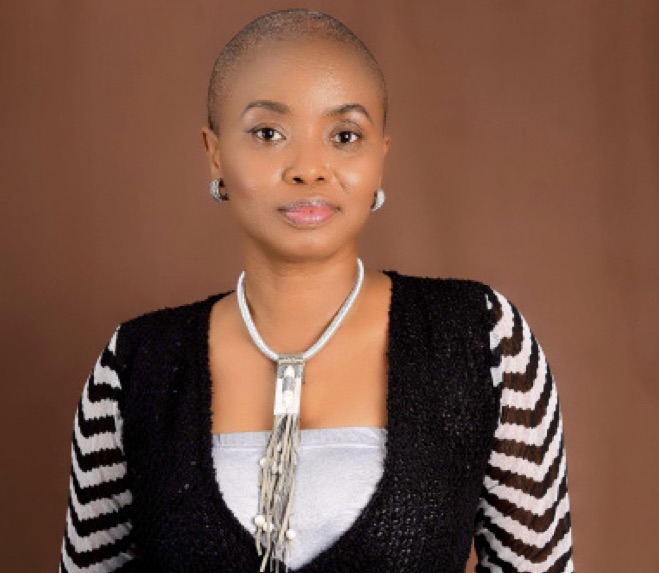

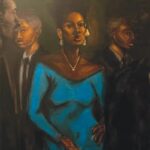
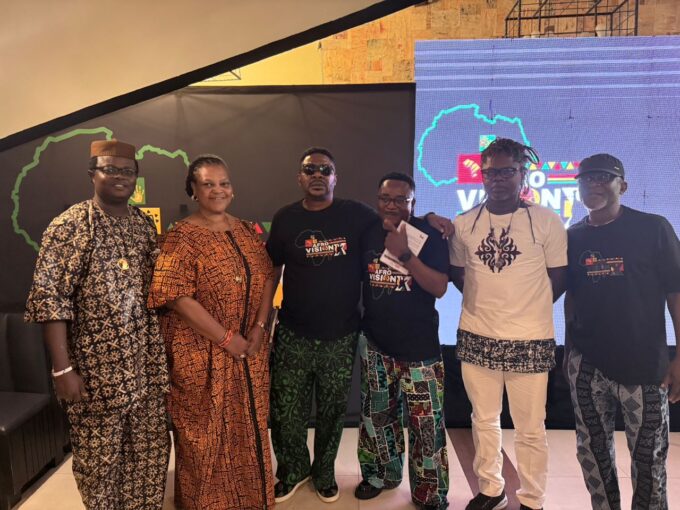

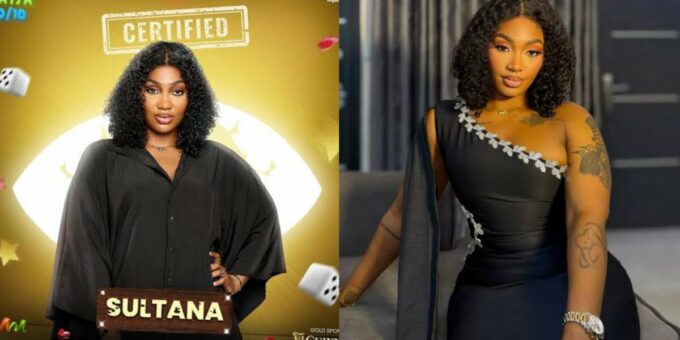
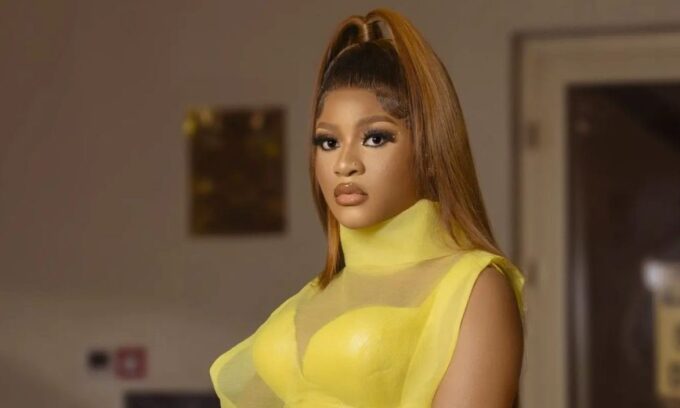
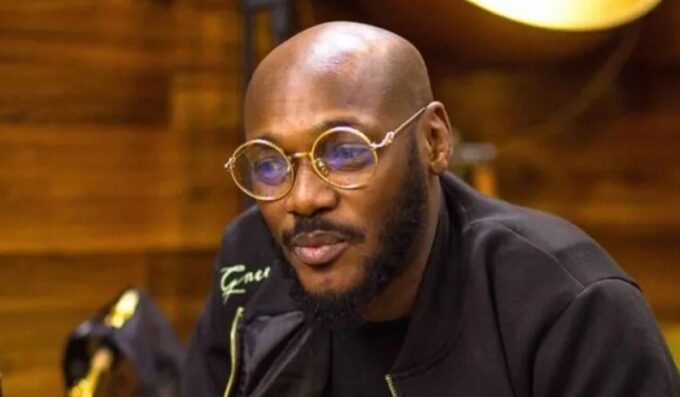
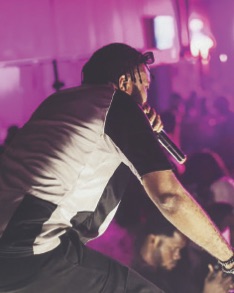





Leave a comment